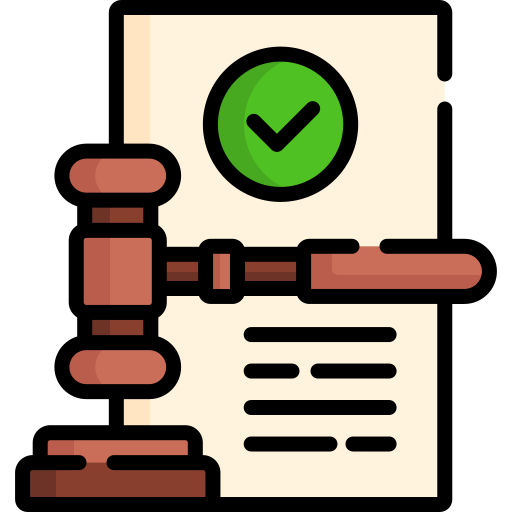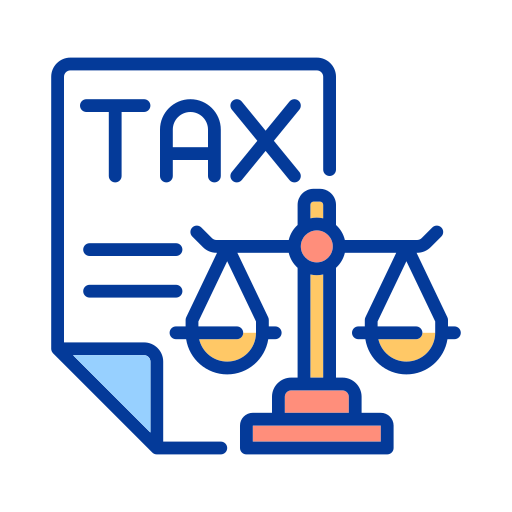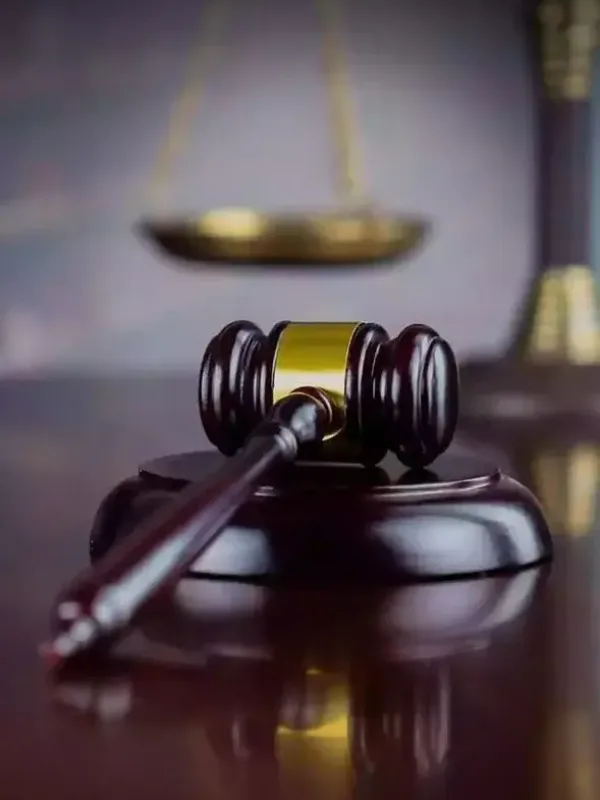

With extensive high skill
with in few Days
Are High then others

With over fifteen years of rich experience and an unmatched growth, We are big enough to handle multidimensional legal issues and small enough to pay special attention to the specific needs of each of our clients.
Our firm’s longevity and continuous growth stand as a testament to our unwavering commitment to excellence and client satisfaction. With over fifteen years of experience, we have honed our skills in navigating complex legal landscapes while remaining agile enough to adapt to the unique needs of every client we serve. Our approach is rooted in personalized attention, ensuring that each client receives tailored solutions and dedicated support throughout their legal journey.

Raza & Associates provides tailored strategies for trademark registration and enforcement, safeguarding clients against infringement and enhancing brand value with comprehensive legal counsel.

Our seasoned team offers expert guidance on copyright protection, ensuring clients' creative works are safeguarded and their rights defended against unauthorized use or reproduction.

We specialize in patent law, assisting clients in securing their inventions through meticulous patent drafting, prosecution, and enforcement strategies tailored to maximize commercial potential.

With a focus on design rights, we offer strategic counsel and legal expertise to protect clients' unique designs, ensuring their creations are shielded from imitation and unauthorized use in the market.

Our dedicated tax law services provide clients with proactive strategies to optimize financial efficiency, navigate complex tax regulations, and minimize liabilities, ensuring compliance and maximizing returns.

We extend our expertise to family law matters, offering compassionate guidance and legal representation in sensitive issues such as divorce, child custody, and asset division, prioritizing clients' best interests and resolution.
Over the past twenty years, Raza & Associates has successfully handled thousands of cases. With a client satisfaction rate of over 99%, our track record speaks to our commitment to excellence and personalized service.
Call: +92-42-37176593

Mr. Hashim Raza brings over 30 years of experience in IP Law, SMEs and Development Consulting. He is Ex CEO of Small and Medium Enterprise Development Authority (SMEDA), Govt of Pakistan.
Hamza is senior associate based in Lahore. He is specialized in international commercial law and have vast international experience of corporate and commercial law, primarily on transactional space.
Kazim Raza is a Corporate Consultant at Raza & Associates. He won the Award at University of Cambridge, Homerton College of BA (Hons.) Land Economy in Grade: First-Class Honours (73%).

Following the consultation, our team will craft a comprehensive legal strategy designed to protect your intellectual property rights and achieve your desired outcomes. We’ll leverage our expertise and industry knowledge to develop proactive solutions tailored to your unique circumstances.
Once the strategy is finalized, we’ll diligently execute the plan, guiding you through each step of the legal process and providing ongoing support and representation as needed. Our goal is to ensure a seamless experience and optimal results for your intellectual property matters.
You really came through, proving what it means to be a “Professional.” The extra effort you put in was really appreciated. Thanks

Nexus Corporation (USA)
From company registration to branding and registration of my trademark, all was wonderful. You guys did good effort.

Peaches Packaging
Whether you’re seeking trademark registration, copyright protection, or strategic legal counsel, our team at Raza & Associates is here to help.

+92-42-37176593
